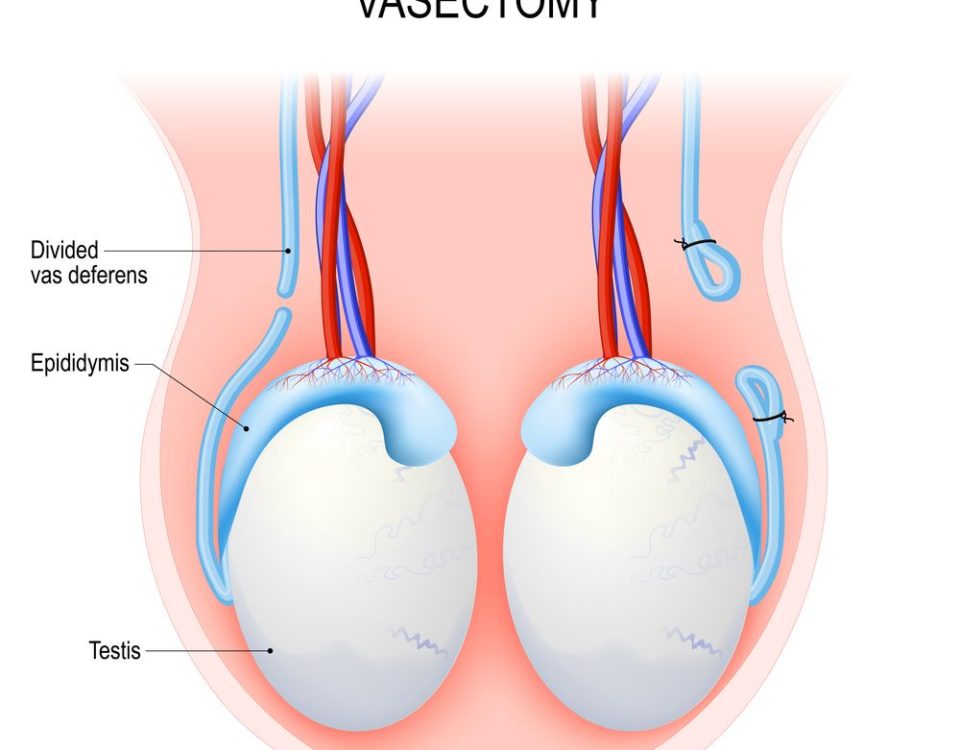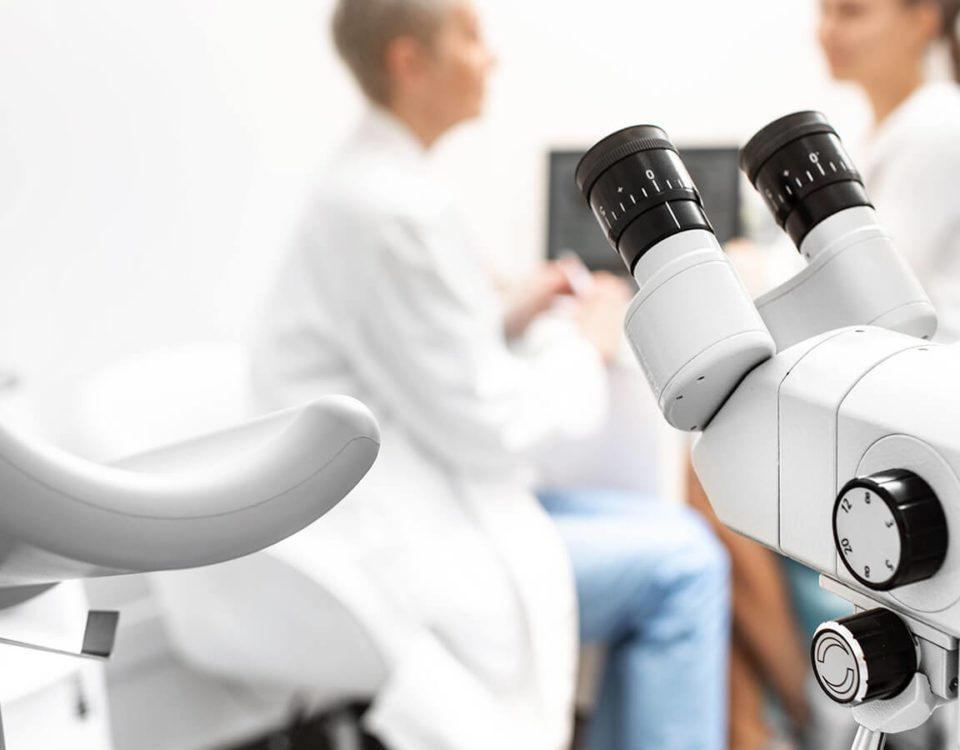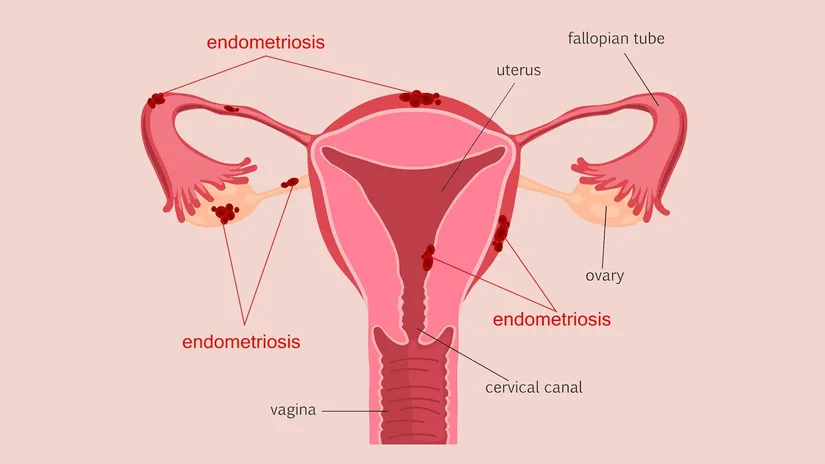Ovarian cysts, which are more common in women of childbearing age, are one of the ailments that many fear to happen to them. Cysts, which every woman who goes for regular check-ups may encounter at some point in her life, can sometimes be of the type that does not even require treatment and does not cause any symptoms, or sometimes they can create dangerous situations.
What is a Cyst?
Cysts, which are fluid-filled and surrounded by a membrane, can form in all tissues of the body. Ovarian cysts are usually harmless. It does not give symptoms as quickly as cysts in other organs. The general cause of cyst formation is hormonal irregularities.
Ovarian Cyst Symptoms
- Menstrual irregularity, spotting or missed periods
- Painful menstruation
- Pain in the groin area
- Pain during sexual intercourse
- Swelling in the abdomen
- Urinary and bowel complaints
- Start gaining weight
- Nausea and vomiting
- Increased hair growth
- Inability to conceive
Ovarian Cyst Diagnosis
The diagnosis is usually made during routine examinations and on ultrasonography. The age of the patient, the size of the mass, whether it is adherent or not, whether it is pure cyst or solid, and whether there is tenderness are important in the diagnosis. Generally, cysts smaller than 5 to 6 centimeters in purely cyst appearance are benign. However, depending on the condition of the mass, tomography, magnetic resonance imaging, hormone tests and tumor markers in the blood are examined to decide on the course of treatment.
Can Ovarian Cysts Become Cancerous?
Ovarian cysts are generally benign, but in some cases there is an increased chance of the cyst becoming malignant.
- Cysts in both ovaries,
- Cysts that occur in old age,
- Adherent cysts with irregular edges and borders,
- Presence of a solid structure next to a fluid-filled cyst,
- Rapidly growing cysts,
- Cysts that cause fluid to accumulate in the abdomen (ascites),
- Cysts with elevated blood tests called tumor markers can lead to cancer.
Ovarian Cyst Treatment
If the cyst in the ovary does not give any symptoms, it is usually followed without intervention for 6-8 weeks. Most cysts resolve spontaneously within a month or two. There are medical and surgical treatment options for ovarian cysts. Surgery is preferred if the cyst is suspected to be cancerous.
It is very important that you do not neglect your gynecological controls in order to detect cysts that do not give symptoms.







